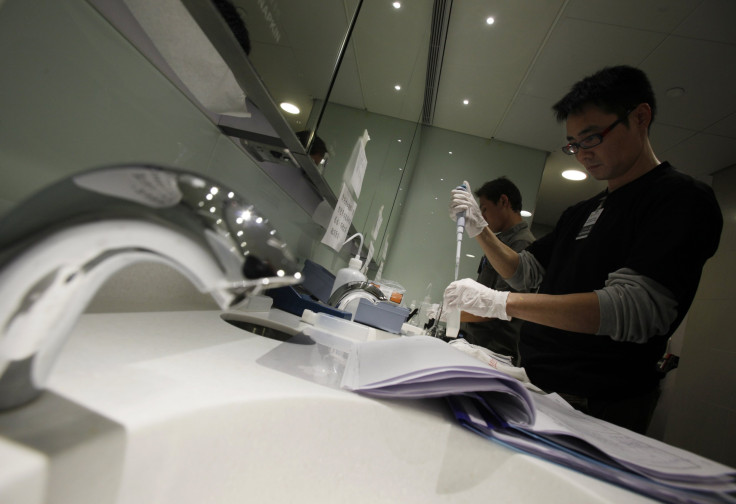Deadly bacterial infection Legionella: Brisbane’s Mater Private Hospital confirms infection in one of its patients

A patient at Brisbane’s Mater Private Hospital has tested positive for the deadly bacterial infection Legionella. The hospital has also issued a statement saying that one of the three medical tests performed on the patient returned positive results. Although it has not been confirmed whether the patient got infected at the hospital, authorities are looking into the matter along with independent agencies for determining the source of the infection.
However, the good news is that the patient is in a stable condition and responding well to antibiotic treatment, which comes as a relief as antibiotic resistance in humans is a major concern these days. According to ABC News, Queensland Health has been advised and the Mater is conducting water tests and taking additional disinfection and cleaning measures.
The news of the Legionella infection comes just three weeks after one palliative care patient tested positive to the deadly bacteria at The Wesley Hospital in Brisbane’s inner west. The bacterial infection was traced to an ice machine, writes Brisbane Times.
According to Queensland Health, there are more than 50 types of Legionella bacteria and most of them are water-borne. The bacteria thrive in man-made environments like pipes and plumbing fixtures. The warm temperatures and micro-organism and nutrient build-up make it an ideal environment for the bacteria to grow.
Another strain of deadly bacteria containing the mcr-1 gene and that is resistant to all forms of antibiotic, even the last-resort antibiotic colistin, has made its way into Europe. It was first found in China. Soon Denmark and the UK confirmed its presence. This bacterial strain is capable of causing a global epidemic.
Colistin is widely used in farming overseas, and the more it is used in animals or humans, the more will be the resistance of the bacteria towards the drug. He added that those who are already on antibiotic, especially the elderly, are at maximum risk as the bacteria strain spreads very fast.
Researchers from Technical University of Denmark conducted a review of 3,000 E. coli bacteria samples from a genetic database. They discovered the untreatable strain in five samples of chicken imported from Germany. The stock came to Germany from China. The untreatable bacteria can spread at a rapid rate between species that can result in a super-resistant epidemic.





















